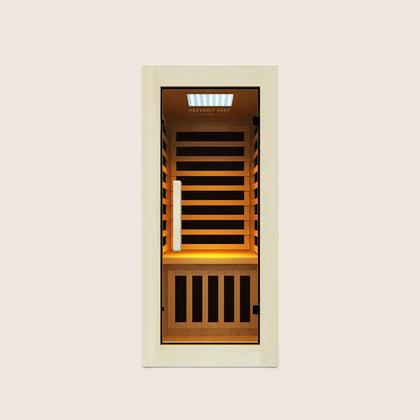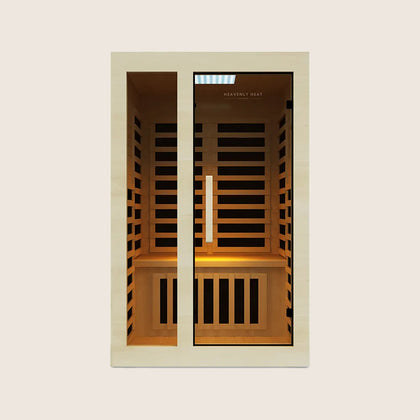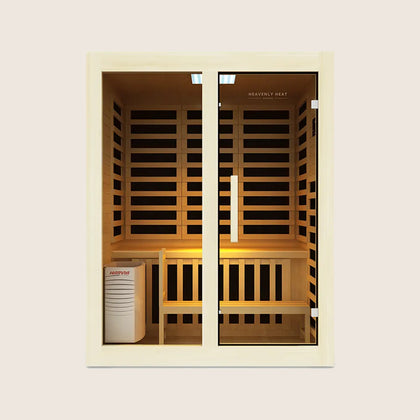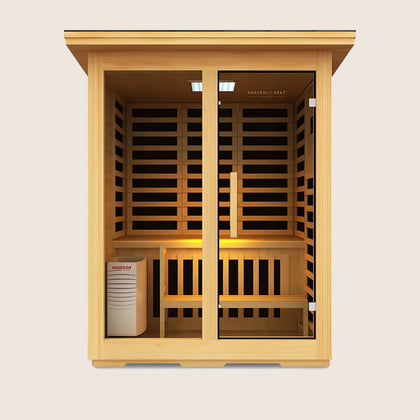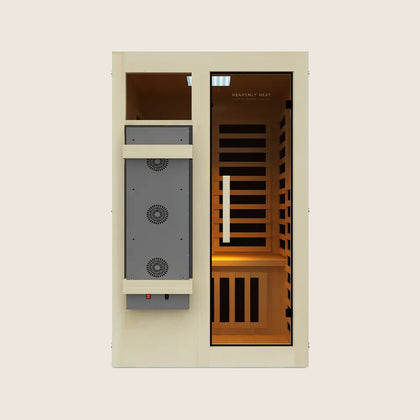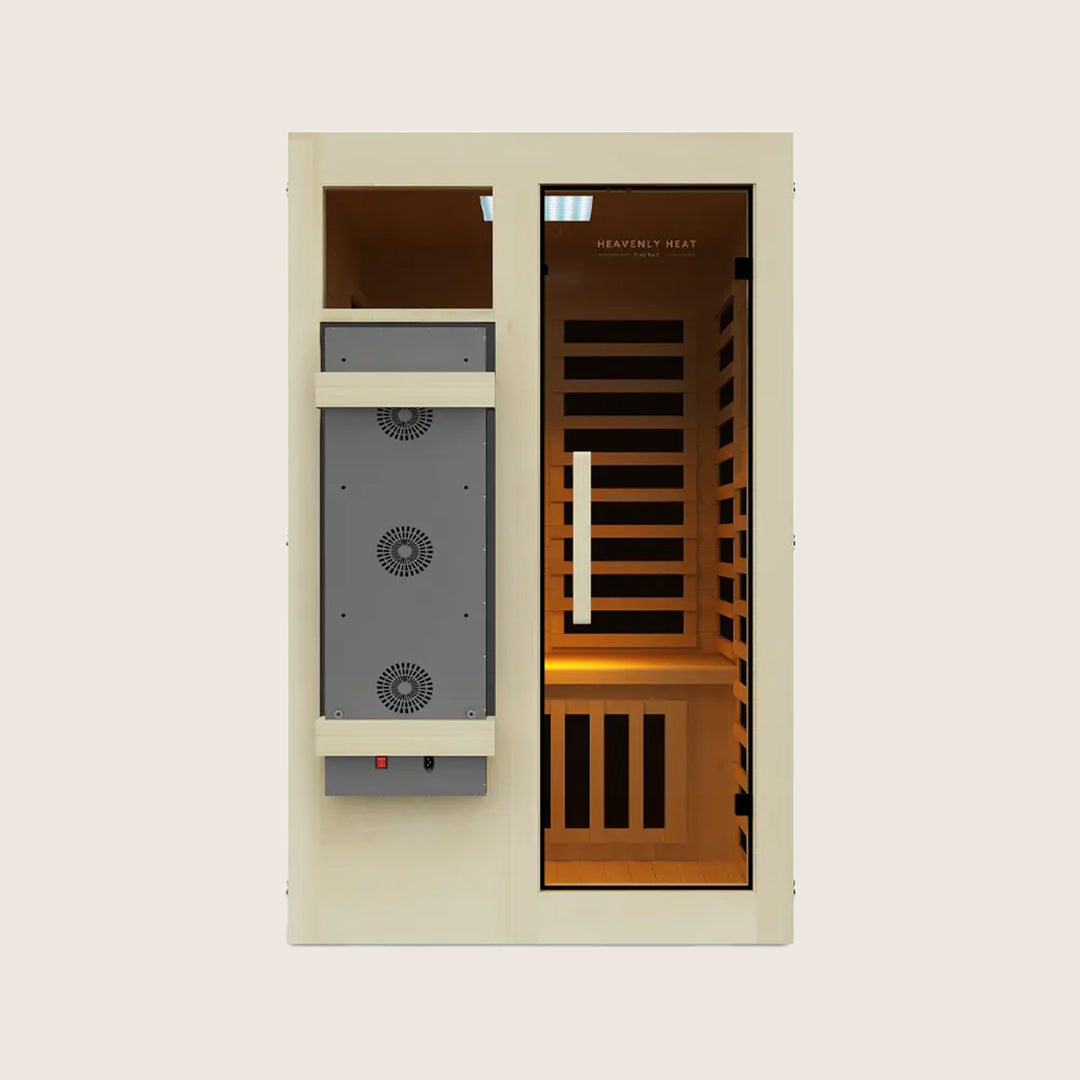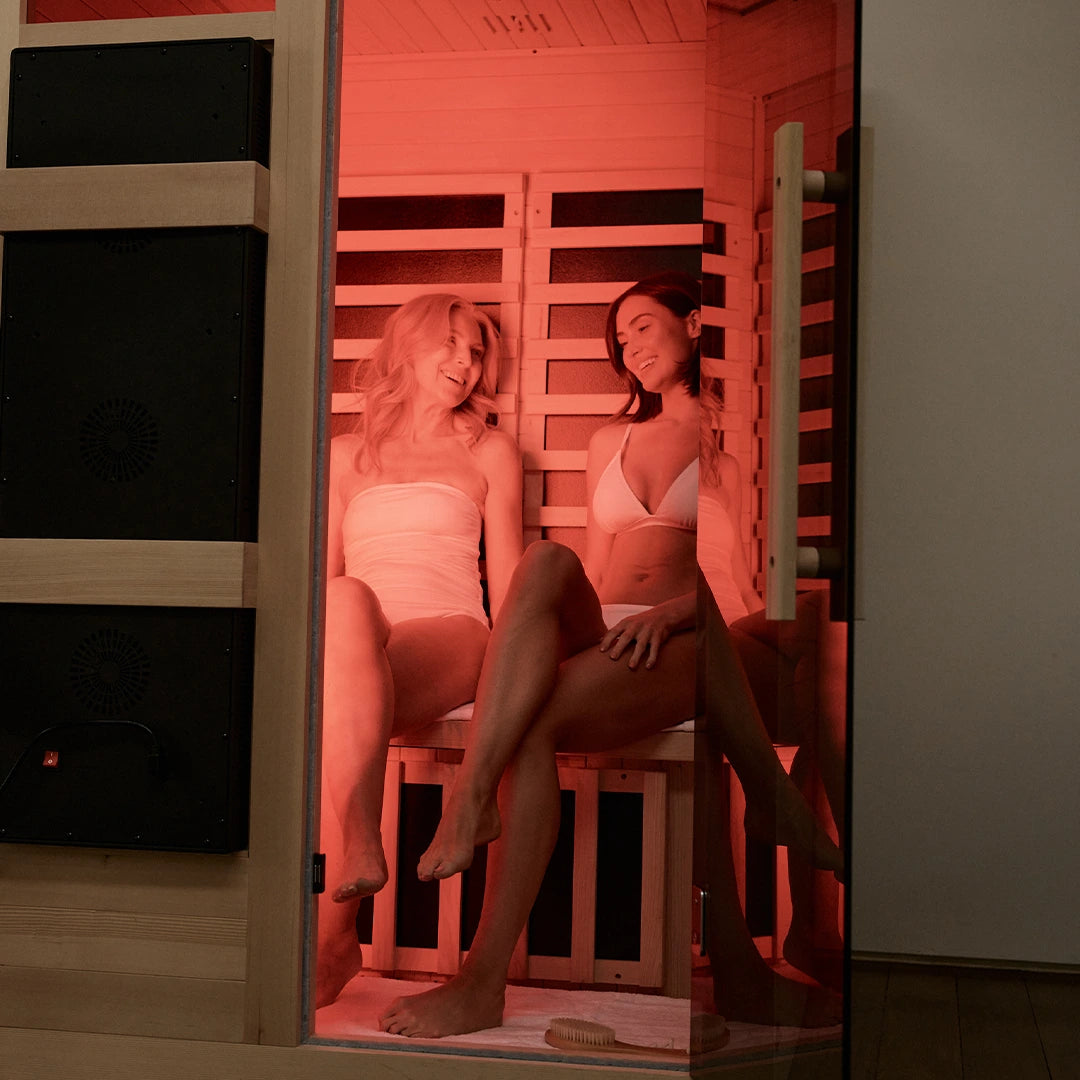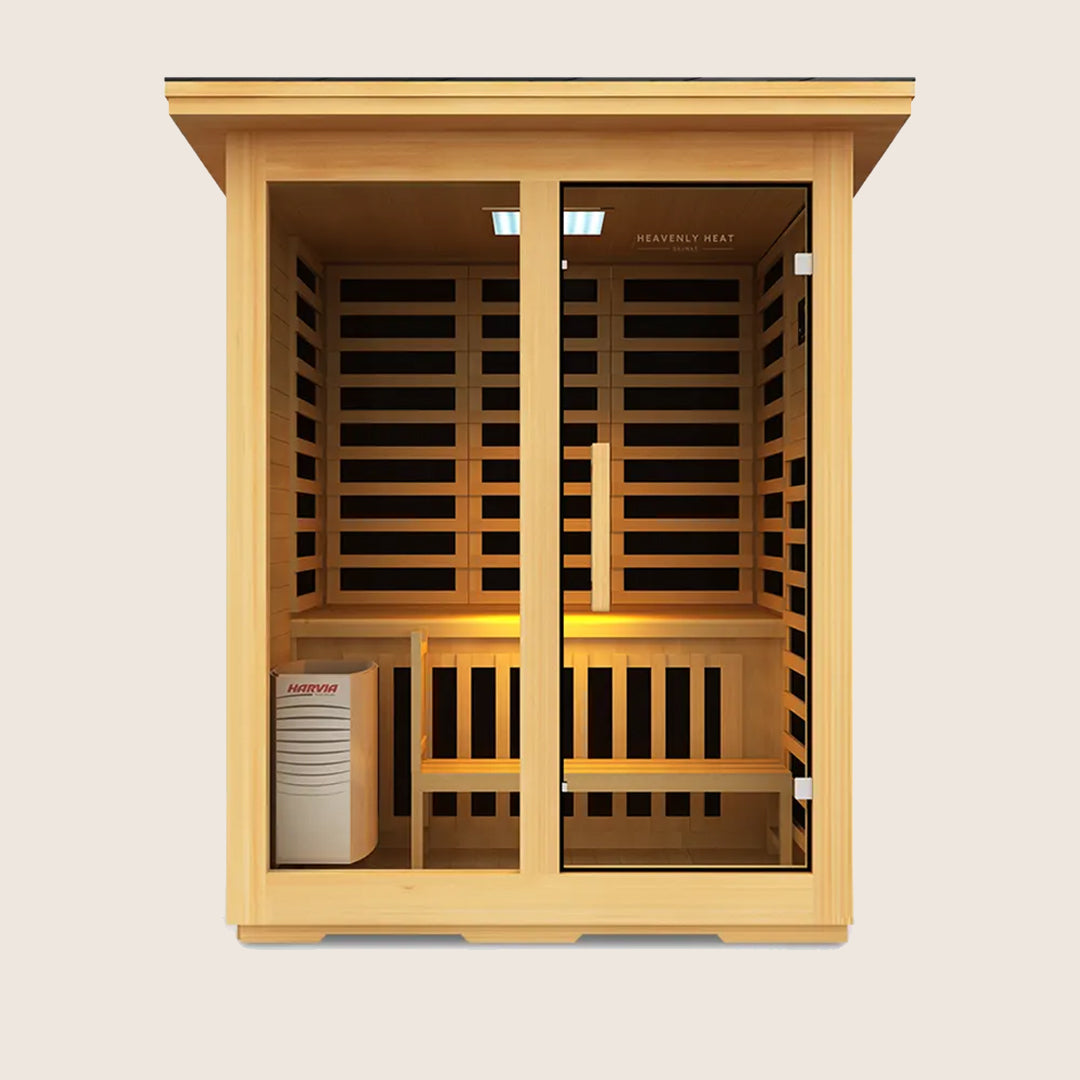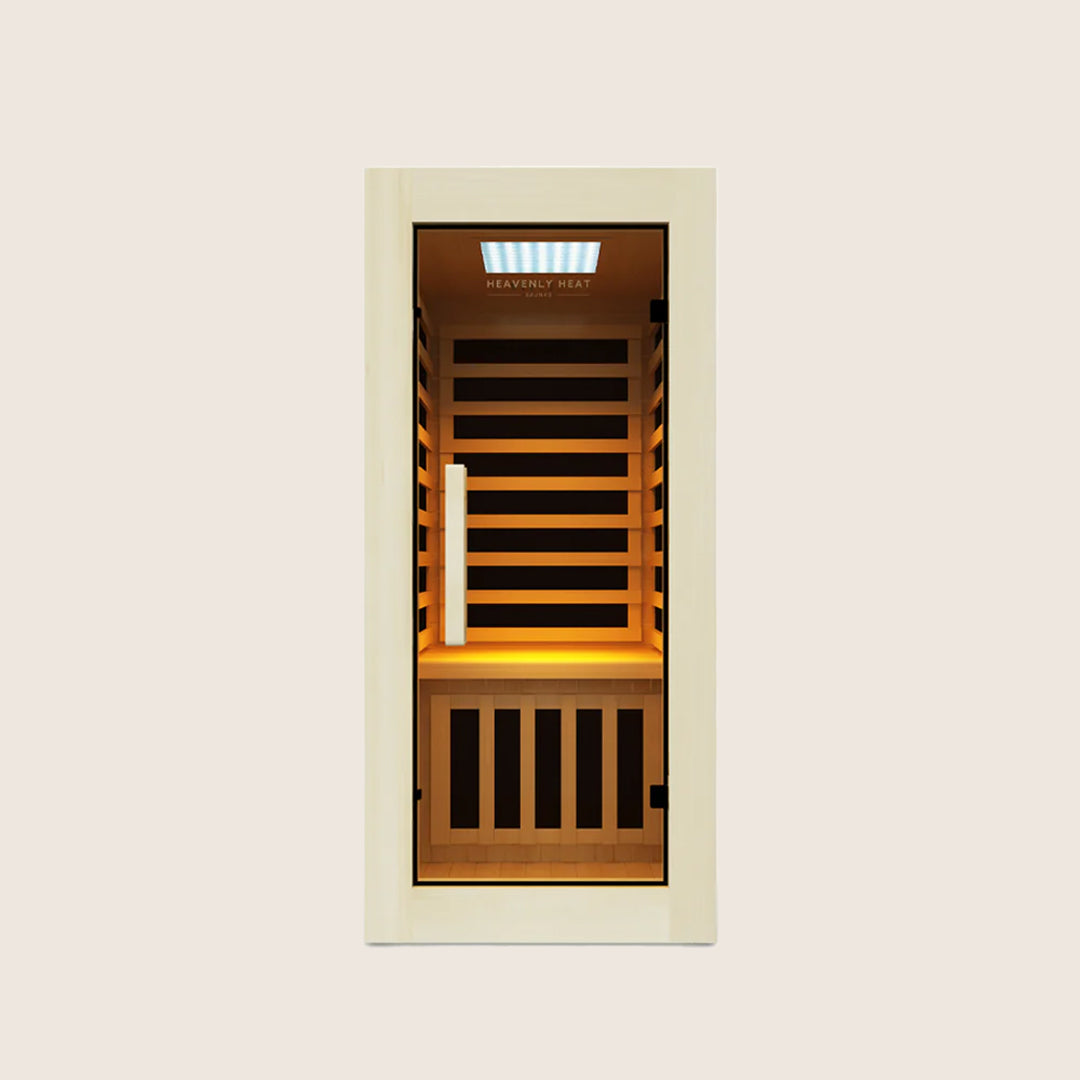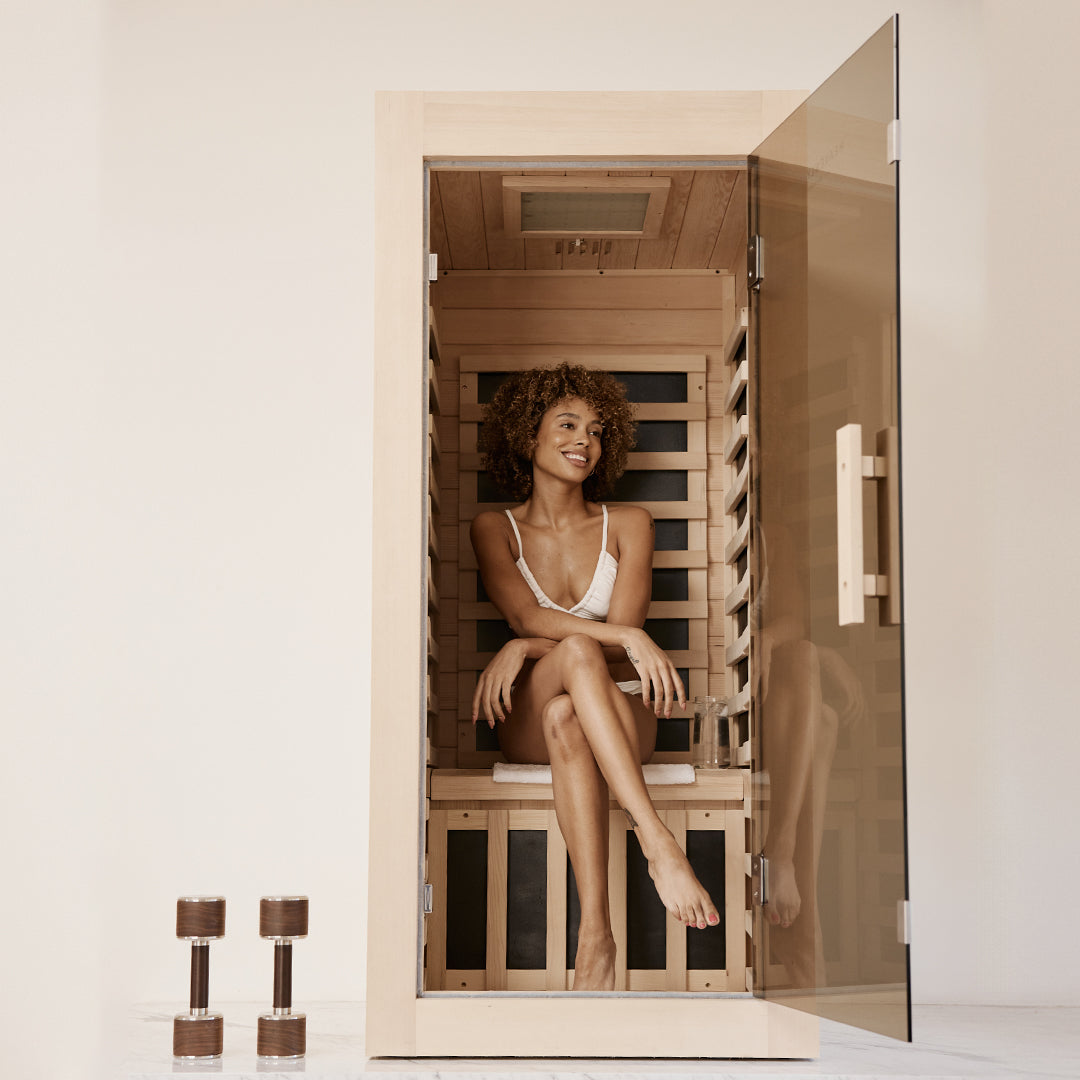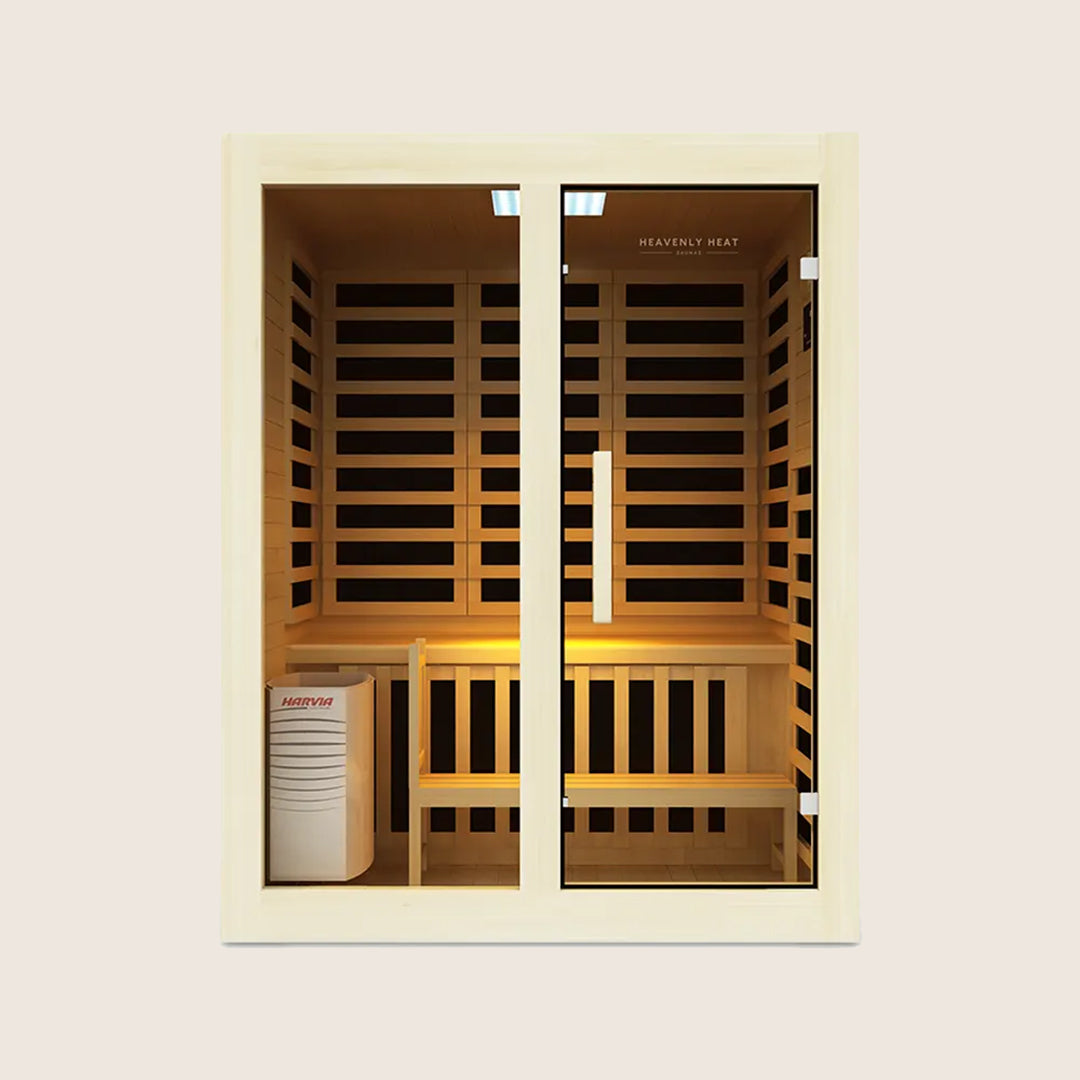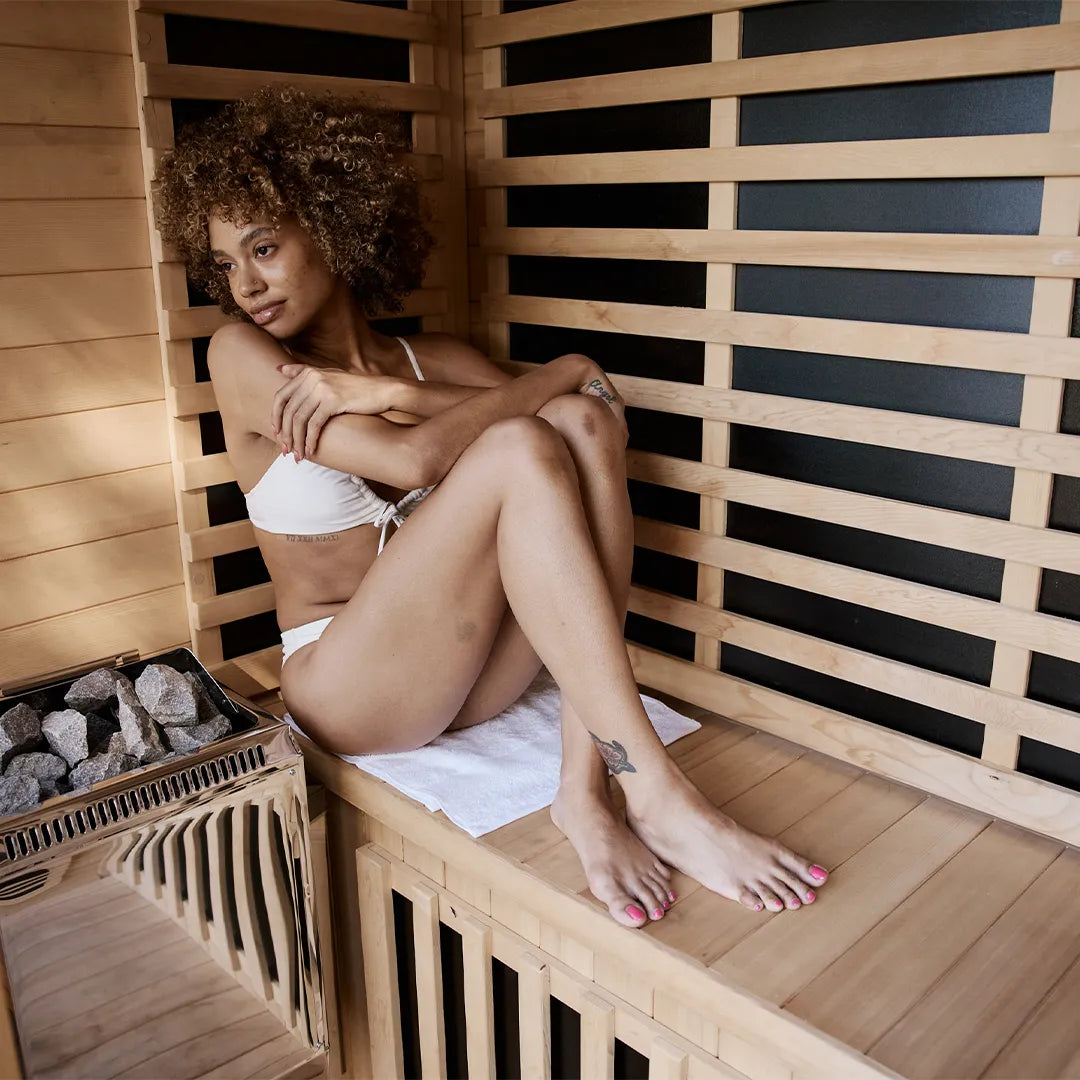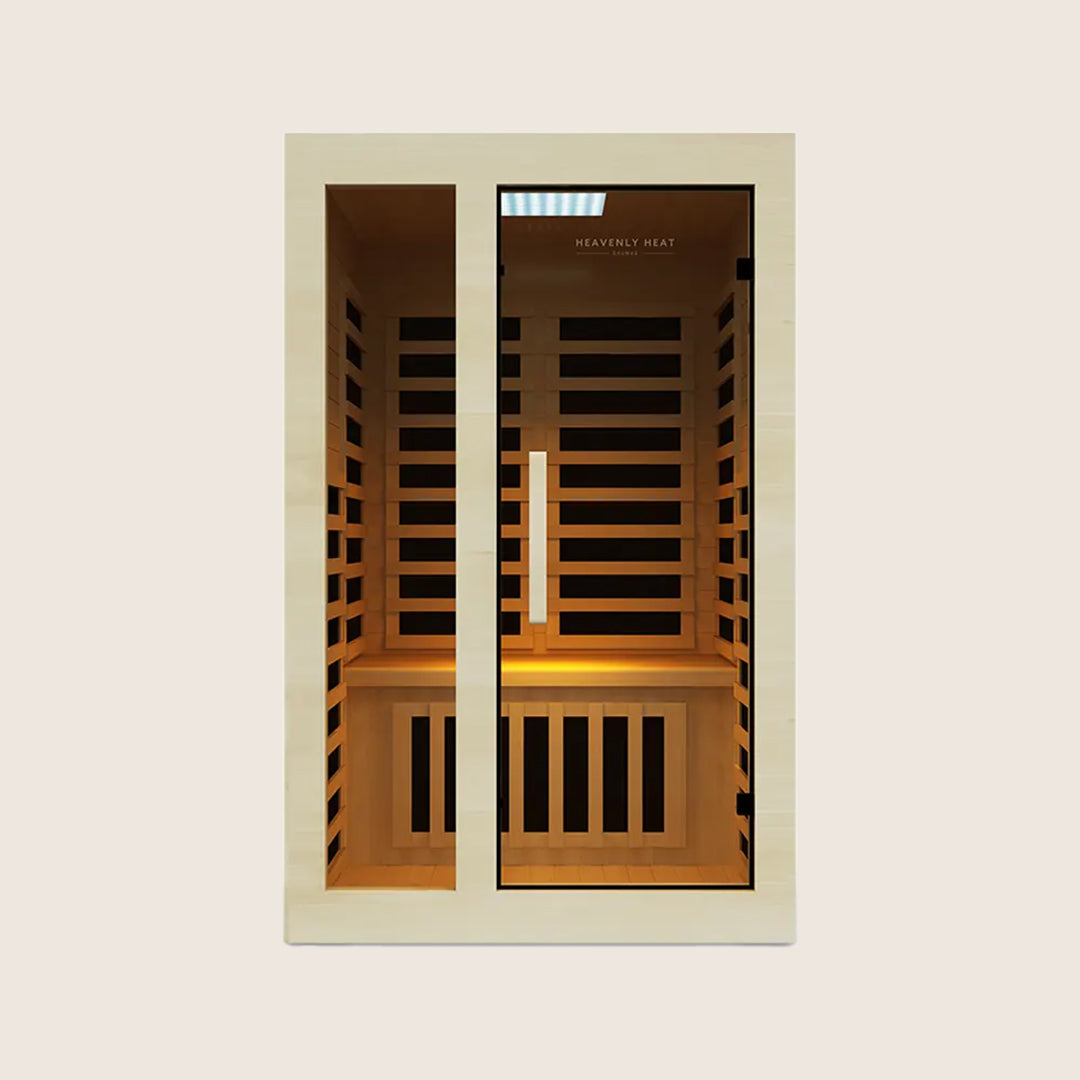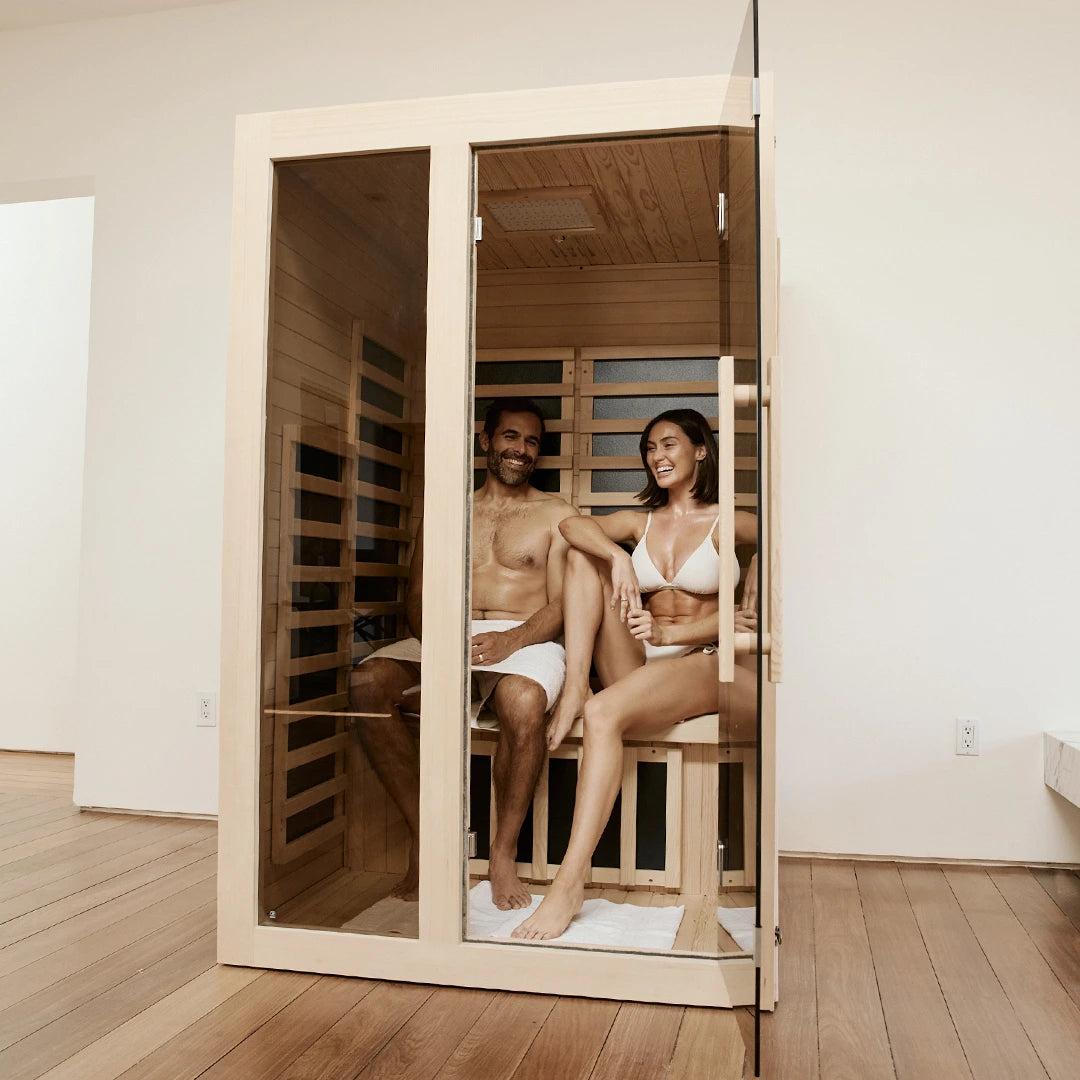Does Hot Tub Increase Home Value or Is It a Waste?
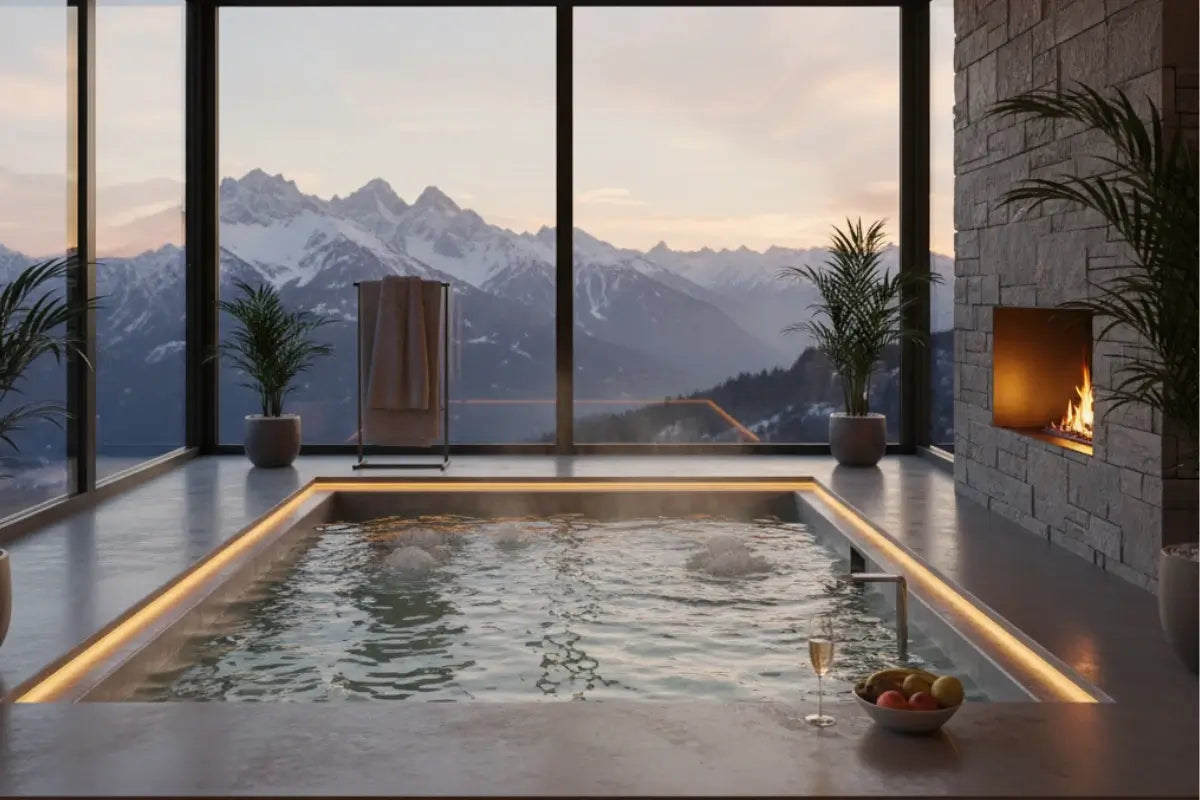
Thinking about adding a hot tub to your home? Many homeowners wonder if it truly boosts resale value or just adds extra maintenance.
A hot tub can be a relaxing luxury, but its real impact on your property depends on placement, condition, and buyer preferences. Let’s explore whether it’s worth the investment.
Key Takeaways
A hot tub generally won’t hurt your home’s resale value, but it may not dramatically increase it either, its condition is crucial.
Thoughtful placement near a patio, pool, or master suite can make your hot tub more appealing to buyers and enhance outdoor living.
Newer, well-maintained hot tubs often add value and buyer interest, while older or broken units can be a deterrent.
Integrating your hot tub into a cohesive outdoor design can boost both aesthetic appeal and the perceived lifestyle benefits of your home.
Consider maintenance, regional demand, and buyer preferences before selling, and remove or repair high-maintenance tubs to avoid reducing interest.
Do hot tubs increase home value?
Hot tubs can add a touch of luxury to a home, but their effect on resale value isn’t always clear-cut.
While a hot tub generally won’t harm your home’s value, a Realtor points out that it may not dramatically boost it either, its condition is key when deciding whether to keep it before listing.
Real estate professionals agree that a well-kept hot tub, especially when thoughtfully integrated into an inviting outdoor space, can make a property more appealing and give it an edge with potential buyers.
Michelle Himden, CEO of Cityami, highlights that hot tubs can help homes sell faster in markets where outdoor living is valued, though they’re not a guaranteed benefit everywhere.
Ultimately, the direct financial return may vary, but a hot tub often enhances a home’s charm and usability, making it a desirable feature that can leave a lasting impression on prospective buyers.
Factors That Affect Hot Tub Value in a Home
Location on the Property
Where a hot tub sits on your property can greatly affect your home’s value. Appraisers and real estate agents often look at how visible and accessible it is.
A built-in hot tub that isn’t working might lower value, while a free-standing tub usually doesn’t, unless it hurts curb appeal.
Placing a hot tub near a pool, patio, or the master suite makes it more convenient and enjoyable.
Close to the house or bedroom, it’s easy to use even in cold weather, becoming part of everyday life.
By a patio, it expands outdoor entertaining space, creating a natural spot for relaxation and socializing.
When paired with a pool, it adds complementary features, mixing recreation with hydrotherapy.
Planning is key: make sure there’s enough room for maintenance, keep a safe distance from power lines, and avoid placing it too close to structures.
Thoughtful placement can turn a hot tub from a simple luxury into a seamless, appealing feature that enhances your home.

Age and Condition
The age and condition of a hot tub play a huge role in how much value it adds to a property. With most tubs lasting between 5 and 15+ years, buyers often see them as either a perk or a potential expense.
ConsumerAffairs notes that a well-maintained model can return as much as 50% on investment, which makes upkeep and care especially important when it comes to resale.
A newer, clean, and fully operational tub is usually viewed as a premium feature. In some markets, it can even increase home value by 5% or more, especially if it complements the outdoor living space.
In contrast, an older or neglected unit tends to be a red flag, hinting at costly repairs, outdated features, or even removal fees.
Type and Features
The type of hot tub you install can influence your home's resale value significantly. Built-in hot tubs generally add more value than portable ones because they appear permanent and stylish.
Acrylic models are durable and visually appealing, while inflatable hot tubs are cheaper but less impressive to buyers.
Features like spa jets, hydrotherapy, LED lighting, waterfalls, or built-in entertainment systems can make your hot tub more attractive.
Size matters too; a hot tub with ample seating offers a social space that many buyers find desirable, boosting your home's overall appeal.
Energy Efficiency
Energy efficiency affects both your utility bills and your home’s resale potential. Insulated hot tubs keep heat longer, cutting electricity costs.
Modern energy-efficient pumps and heaters reduce energy consumption without compromising performance.
A hot tub that operates efficiently signals to buyers that maintenance and running costs remain low.
Well-insulated units perform better in colder months, which is an attractive feature for prospective owners.
By combining efficiency with comfort, energy-smart hot tubs can make your home more appealing and justify a higher asking price in the market.
Aesthetic Appeal and Design Integration
A hot tub isn’t just a backyard luxury, it can also add measurable value to your home when it’s designed to flow naturally with your outdoor space.
In some markets, research shows that high-end features like spas can boost resale value by as much as 20%, though the exact return depends on factors such as location, spa quality, and the overall condition of the property.
Beyond financial gains, homes with well-integrated hot tubs often attract more interest and can sell faster, since buyers are drawn to the idea of stepping right into a private retreat.
Real estate professionals note that while features like fire pits and patios remain popular, a thoughtfully placed hot tub offers a unique sense of wellness and year-round enjoyment, especially in cooler climates. The key is seamless integration.
Surrounding the spa with decking, stone accents, or lush landscaping elevates it from a simple feature to a true focal point, enhancing both the home’s value and the lifestyle of those who live there.

Maintenance and Warranty
Neglecting hot tub maintenance can quickly reduce your home's appeal. Regular cleaning, water balancing, and inspection prevent expensive repairs and ensure the system works smoothly.
A well-maintained hot tub also preserves its warranty benefits, which can often transfer to new owners.
Buyers notice expired warranties or signs of poor upkeep, which may lower their offer. Proper maintenance demonstrates care and reliability, making your property more trustworthy.
Maintaining your hot tub regularly keeps it functioning longer, prevents costly damages, and signals value, helping your home stand out in a competitive market.
Market Demand and Buyer Preferences
In today’s housing market, unique features can make a home stand out, and a hot tub is often seen as more than just an extra, it’s a lifestyle perk.
When it’s well-maintained, thoughtfully placed, and paired with a welcoming outdoor design, it can boost curb appeal and even give sellers an edge in negotiations.
Still, its impact depends on buyer preferences, location, and climate. In colder areas, hot tubs are prized for year-round comfort and relaxation, while in warmer regions, they’re valued as a touch of luxury for cool evenings or seasonal enjoyment.
Recent surveys show buyers increasingly prioritize amenities that enhance daily living, and a hot tub often lands high on that list.
This is especially true in suburban neighborhoods, where outdoor living is a major selling point.
Ultimately, the value a hot tub adds comes down to care, presentation, and whether it aligns with what local buyers expect in a home.
Types of Hot Tubs and Their Impact on Home Value
Inflatable Hot Tubs
An inflatable hot tub is a lightweight, portable spa you can set up anywhere, making it perfect for renters or temporary use.
Unlike traditional tubs, it’s easy to install, store, and maintain, but it doesn’t offer the same durability or long-term value.
While it enhances lifestyle and backyard fun, it rarely increases home resale value significantly.
Compared to built-in tubs, it’s more flexible but less impressive to buyers. Showcasing it can attract those looking for relaxation, but it works best as a fun bonus rather than a serious home upgrade.
Portable Hot Tubs
Portable hot tubs are self-contained spas that sit above ground and can be moved or relocated.
They cost less than in-ground tubs and require minimal installation, offering convenience and flexibility.
Buyers see them as enjoyable extras rather than value-adding features, so they rarely boost home resale prices.
While they make outdoor spaces more inviting, owners should consider electricity, water, and maintenance costs.
Marketing a portable tub can highlight lifestyle perks, but it’s unlikely to sway serious buyers focused on permanent upgrades.
In-Ground Hot Tubs
In-ground hot tubs are permanent, luxury backyard features that integrate beautifully with decks and landscaping.
They can enhance both the aesthetic appeal and perceived value of a home, attracting buyers who appreciate outdoor entertainment and relaxation spaces.
Appraisers often consider them as positive property improvements, and homes with well-designed in-ground tubs can sell faster and sometimes at higher prices.
Beyond financial value, they create a lifestyle appeal that portable or inflatable tubs can’t match, making them a desirable upgrade for homeowners seeking both beauty and long-term investment.
Potential Drawbacks of Hot Tubs for Homebuyers
High Cost: Expensive to buy and install.
Maintenance Needed: Requires constant cleaning and upkeep.
Increased Bills: Raises electricity and water bills.
Safety Risks: Can be a safety hazard, especially for children.
Repairs: Prone to breakdowns and costly repairs.
Space Consumption: Takes up valuable yard or indoor space.
Health Concerns: Risk of health issues from dirty or contaminated water.
Should You Keep, Repair, or Remove a Hot Tub Before Selling?
Before selling, remove a broken, outdated, or high-maintenance hot tub to avoid buyer deterrence and closing issues.
Keep it if well-maintained, relatively new, and supported by maintenance records. Repair only minor, inexpensive issues when the cost is less than the added value or buyer appeal.
FAQs
Will a hot tub increase my property taxes?
Yes, a hot tub can increase your property taxes because it is considered a permanent capital improvement, raising your home's assessed value. To determine the exact impact, contact your local tax assessor, get a professional appraisal, and review your updated property tax assessment.
Does a broken hot tub decrease my home’s value?
A broken hot tub can lower your home's value by creating a poor first impression, posing a financial burden for buyers, and raising inspection concerns. To avoid this, remove, repair, or replace it, and consult a local appraiser to understand its impact on your market.
Are in-ground hot tubs more valuable than freestanding ones?
In-ground hot tubs can boost a home's appeal and value, especially when integrated with a pool, offering customizable, permanent design, though they may require more maintenance and energy. Freestanding hot tubs provide mobility, easier upkeep, and efficiency but generally hold only 25–33% of their original resale value.
Do all buyers like hot tubs?
Not all buyers like hot tubs, but many value them as a luxury feature if well-maintained and integrated into a backyard oasis. Appeal depends on maintenance, lifestyle fit, outdoor design, location, and perceived costs. Ensuring cleanliness, functionality, and attractive surroundings maximizes buyer interest.
How much does it cost to maintain a hot tub?
Maintaining a hot tub costs $10–$30 monthly for DIY upkeep and $50–$200 for professional service. Expenses include chemicals ($15–$30), electricity ($25–$40), filter replacements ($20–$100), cleaning supplies ($50–$100 annually), and draining every 3–4 months, influenced by size, climate, usage, and insulation.
Does pool increase home value?
A pool can be a big selling point, but its impact on home value depends on location, timing, and buyer demand. Before the pandemic, Realtor.com data showed pool premiums shrinking from about 10% to 6% between 2017 and 2019. Things shifted in 2021 when demand spiked, dipped slightly with rising mortgage rates in 2022, and then climbed again.
According to Realtor.com’s 2025 study, homes with pools now sell for about a 54% premium, roughly $599,000 compared to $389,000 for similar homes without one. Pools can also help homes sell faster in today’s market.
That said, the boost isn’t equal everywhere. In warmer climates like Phoenix or Tucson, where pools can be enjoyed most of the year, the value increase is much stronger. In cooler areas, the effect tends to be smaller.
Overall, while not every buyer is looking for a pool, for many it’s a highly desirable feature, and in the right market, it can significantly raise resale value.


